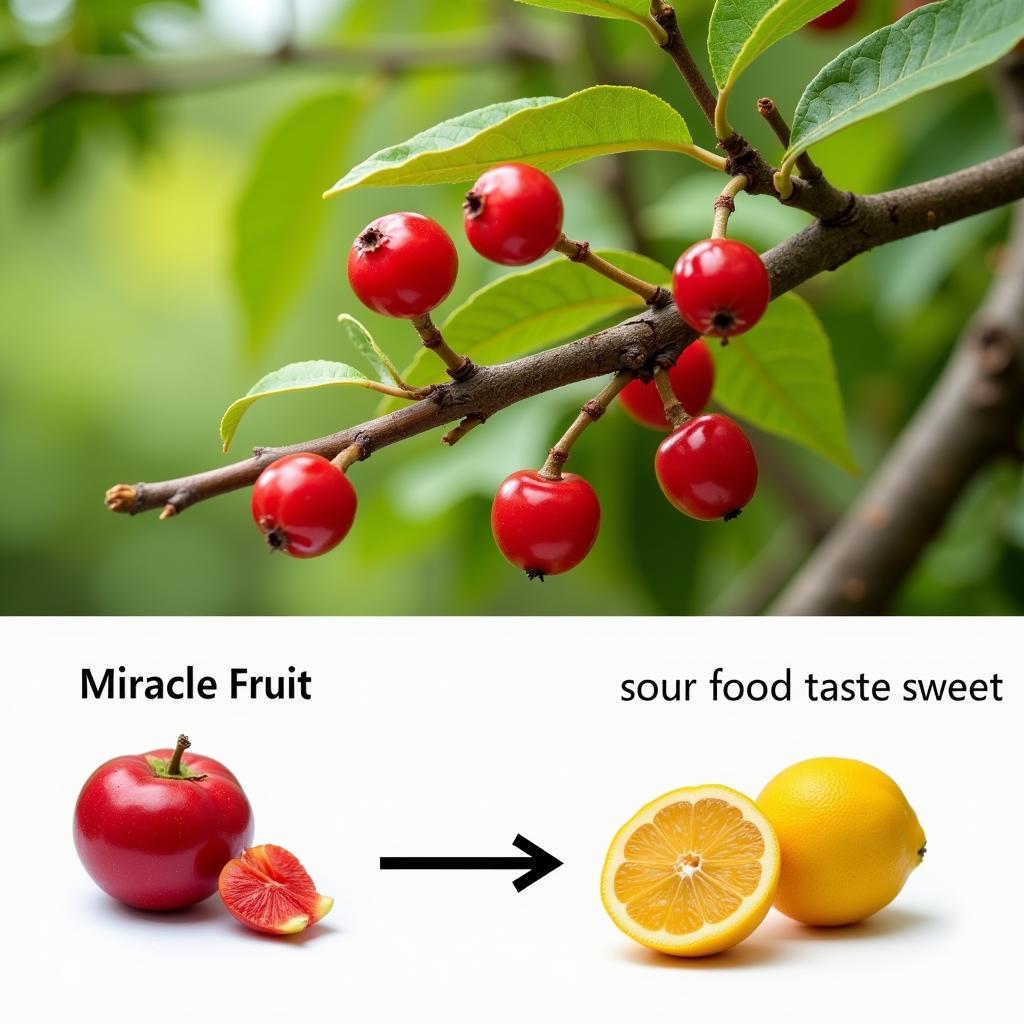Exploring the African Commodity Trade Database
The African Commodity Trade Database is a critical tool for understanding the continent’s economic landscape. It provides valuable insights into trade flows, dependencies, and potential opportunities for growth and development within Africa and beyond. This article delves into the importance of such databases, their potential uses, and the challenges associated with their development and maintenance.
Understanding the Significance of an African Commodity Trade Database
Access to a comprehensive and reliable African commodity trade database is essential for various stakeholders, including governments, businesses, researchers, and international organizations. It allows for informed decision-making in areas such as trade policy, investment strategies, and development planning. Such a database can illuminate which commodities are traded, with whom, and at what volumes and prices, fostering a deeper understanding of intra-African trade and trade with the rest of the world.
Having access to this type of data empowers African nations to negotiate better trade deals, diversify their economies, and reduce their reliance on specific commodities or trading partners.
Utilizing the African Commodity Trade Database: Key Applications
For Governments and Policy Makers
An African commodity trade database can assist governments in identifying key export markets, understanding trade balances, and formulating effective trade policies. This information is vital for promoting economic growth, attracting foreign investment, and creating job opportunities.
For Businesses and Investors
Businesses can utilize the database to identify potential investment opportunities in the African market, analyze market trends, and make informed decisions regarding sourcing and distribution of commodities.
For Researchers and Academics
Researchers can leverage the data to study trade patterns, analyze the impact of trade policies, and contribute to a deeper understanding of the African economy. Such research can inform policy recommendations and contribute to sustainable development initiatives.
Challenges and Considerations in Building an African Commodity Trade Database
Developing and maintaining a comprehensive African commodity trade database presents several challenges. Data collection can be complex due to variations in reporting standards, informal trade activities, and limited infrastructure in some regions.
Data Harmonization and Standardization
Ensuring data consistency and comparability across different countries and regions is a crucial aspect of building a reliable database. This involves harmonizing data collection methodologies and establishing common reporting standards.
Data Quality and Reliability
The accuracy and reliability of the data are paramount. Implementing robust data validation procedures and collaborating with national statistical agencies are vital to ensure the quality of the information. Transparency in data collection methods is also crucial to maintain trust and credibility.
What commodities are most traded in Africa?
A comprehensive database will reveal the major commodities traded within Africa and globally. This can vary from agricultural products like cocoa and coffee to minerals and metals such as gold and copper.
Where can I find reliable data on African commodity trade?
Several international organizations, research institutions, and government agencies collect and disseminate data on African commodity trade. It’s important to choose sources that are reputable and prioritize data quality.
Dr. Abimbola Adebayo, a leading economist specializing in African trade, emphasizes the importance of accurate and accessible trade data: “Reliable trade data is the bedrock of sound economic policy. Without it, we’re navigating blind.”
How can the data be used to promote sustainable development in Africa?
By identifying opportunities for value addition, promoting diversification, and supporting fair trade practices, the data can be instrumental in promoting sustainable economic growth across the continent. Ms. Aisha Hassan, a trade policy expert, notes: “Trade data can be a powerful tool for empowering African producers and promoting inclusive growth.”
Conclusion
The African commodity trade database is an invaluable resource for understanding and navigating the complexities of the African economy. By providing insights into trade flows, market trends, and opportunities for growth, it empowers stakeholders to make informed decisions that can contribute to sustainable development and economic prosperity across the continent. Continued efforts to improve data collection, harmonization, and accessibility are essential to maximizing the potential of this valuable tool. The African commodity trade database provides crucial information for businesses, researchers, and policymakers interested in the continent’s economic development.
FAQ
- What is an African commodity trade database?
- Who benefits from using such a database?
- What are the main challenges in building a comprehensive database?
- How can data quality and reliability be ensured?
- Where can I find reliable data on African commodity trade?
- How can this data contribute to sustainable development in Africa?
- What are the future prospects for African commodity trade?
For support, please contact us at Phone Number: +255768904061, Email: kaka.mag@gmail.com or visit us at Mbarali DC Mawindi, Kangaga, Tanzania. We have a 24/7 customer service team.
